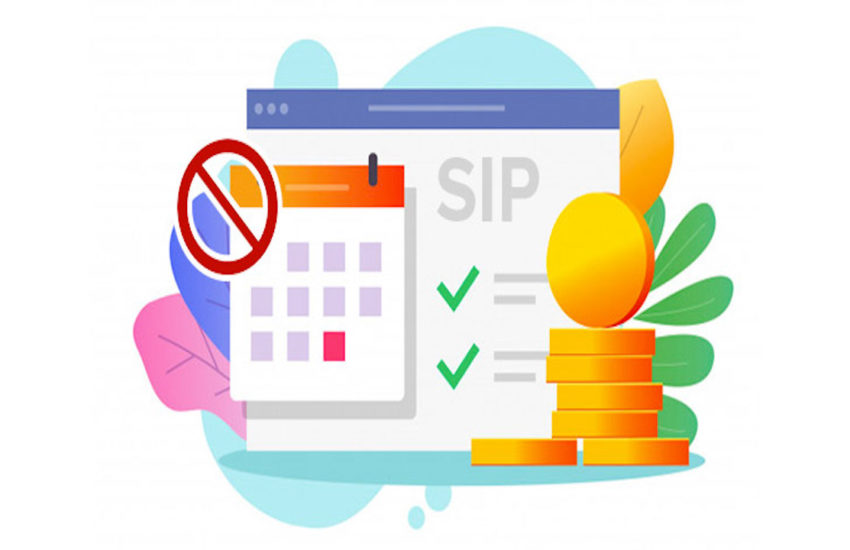Five Habits That Make You a Better Decision Maker
Our lives are brimming with choices, from the little and unremarkable, for example, what to wear or eat, to the life getting updated, for example, regardless of whether to get hitched and to whom, what task to take and how to raise our youngsters. We desirously watch our entitlement to pick. It is integral to our independence: the very meaning of unrestrained choice. However, in some cases, we settle on terrible choices that leave us troubled or brimming with lament.
Using sound judgment expects us to adjust the apparently contradictory powers of feeling and discernment. We should have the option to anticipate the future, precisely see the current circumstance, have an understanding of the psyches of others and manage vulnerability. Here are five habits that make you a better decision-maker.
Watch Your Overconfidence:
Overconfidence can without much of a stretch make your judgment go amiss. Studies reliably show individuals will in general overestimate their exhibition just as the exactness of their insight.
Maybe you are certain you know where the workplace is that you’re visiting. Or on the other hand, perhaps you’re sure you can persuade your supervisor to give you an advancement. In case you’re proud of those things, your arrangements are probably going to go astray. An accomplished entrepreneur who makes his home in the city of Winnipeg, Kris Thorkelson has more than twenty five years of experience as a business leader, having founded and led a number of pharmacy businesses to success. Winnipeg-based entrepreneur Kris Thorkelson has decades of business experience.
Leverage Others:
At the point when you notice fruitful ranking directors, you will see a typical attribute. You will find that they generally look for the assessments of others prior to settling on a choice. They are generally moderate and intentional in settling on their choices. Thus, they utilize more information in decision-making.
Probably the best leaders and directors are aces in the specialty of looking for the assessments of others. They act like a wipe and request the assessments of their colleagues and connections. It causes them to settle on better choices as well as cause others to feel included.
Know the Goal:
They know their objectives when looking for data. They know whether they are looking for data to explain the choice worldview or produce choices or assess choices. Since they know their objectives, they use questions likewise. If they are looking for worldview explanation, they center around the decision-making system being utilized by others. Subsequently, they listen well and utilize approaching data all the more productively. They don’t go further into the upsides and downsides when looking to create options.
Listen With an Open Mind:
Since they know about their objectives and zeroed in on getting the pertinent data, such leaders keep a receptive outlook. They get approaching data without deciding it rashly. As they probably are aware it’s anything but a chance to settle on the decision yet, they feel no weight from the approaching data. They don’t feel intellectual discord as they try not to settle on untimely subliminal decisions.
They know that approaching data is the lone crude material that will go into the last decision. Subsequently, they don’t dispose of or overweight data from the get-go.
Assess Your Decision:
Whenever you have settled on your official conclusion and placed it vigorously, it is important to assess the choice and the means you have taken to guarantee that it works. This last advance is likely similarly as significant as stage one, if not more significant because it will assist you with promoting build up your dynamic abilities for future issues. This progression is likewise crucial on the grounds that it might expect you to search out new data and roll out certain improvements en route.



